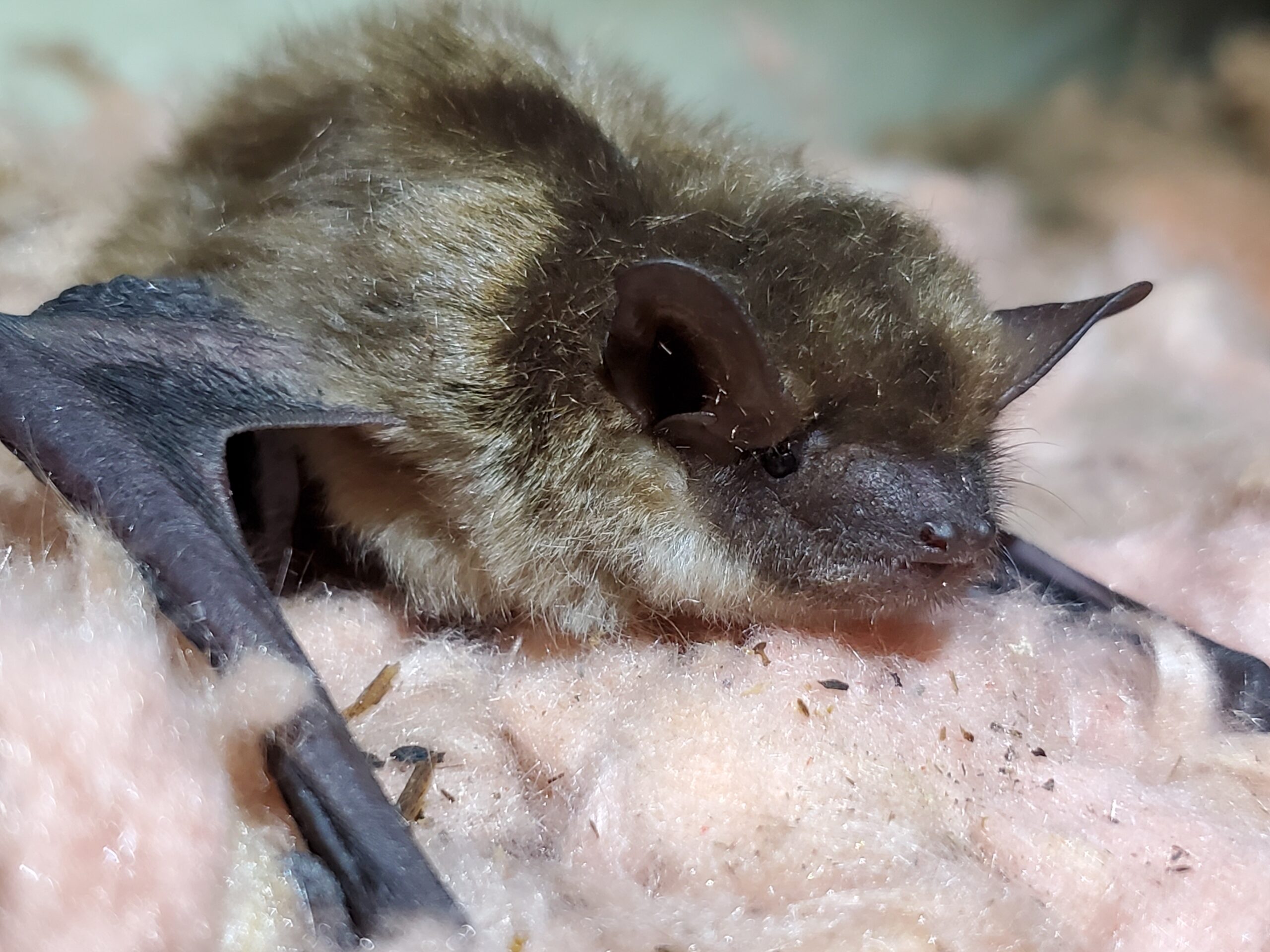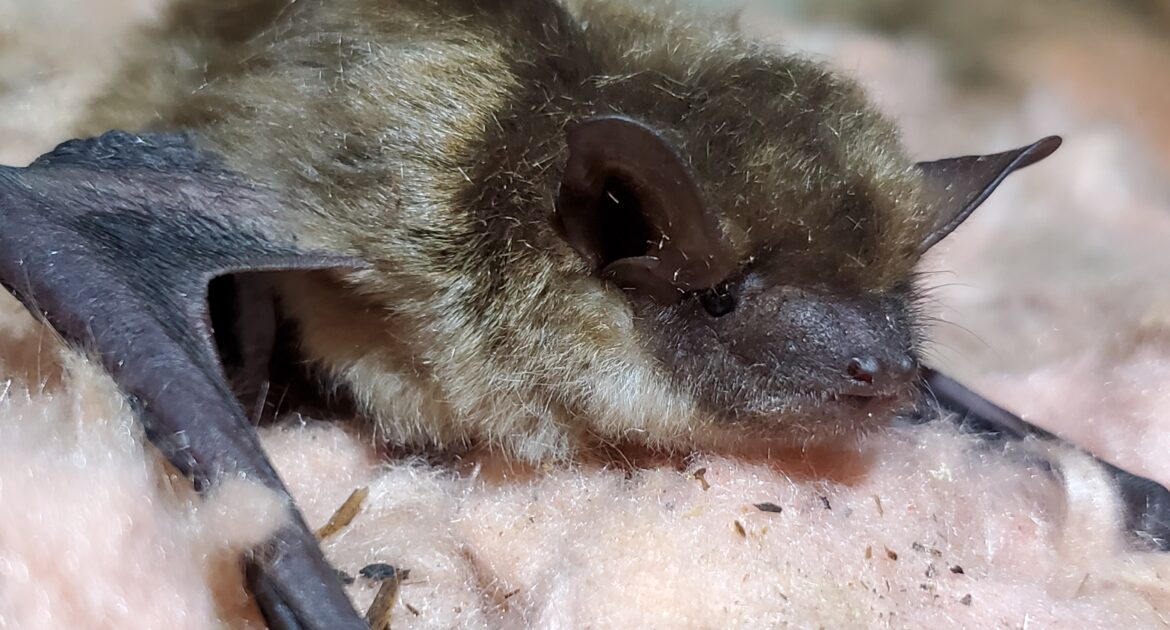Bats are beneficial in many ways, but there are health risks involved with living in close proximity to them. Because of laws in place to protect bats, it is crucially important to have professional bat removal when you find them inside your home, especially in your basement.
What Does It Mean When You Have Bats in Your Basement?
Bats aren’t really known for roosting in the basement, and there is a good reason for that. Bats are flying creatures. In fact, they are the only mammals capable of true flight. They aren’t really built to spend time on the ground, and when forced to do so, they are clumsy, awkward, and slow.
Because bats are made to fly rather than crawl on the ground, they usually make their way into houses from the top. They find a hole in the roof or the attic and get inside that way. Given the choice, they prefer to roost from a higher elevation because it makes it easier for them to take off and find food.
Living underground is not the bats’ first choice because it makes it harder to get out and take flight. So if you find bats in your basement, it means that they didn’t have any other choice but to roost there. This is probably because the attic and walls were already occupied. In other words, if you find bats in your basement, it is a sign that you have an active infestation in your home that has been growing for some time, and there are probably more bats hiding in other places that you can’t see easily.
Why Are Bat Infestations Dangerous?
Though largely beneficial creatures, bats are one of the animals most likely to carry rabies. That does not mean that all bats have rabies; of the bats submitted for testing, only about 5% are found to be infected. Nevertheless, if a bat were to bite you, there is a risk that it could be infected and spread the virus to you.
A bigger health risk may not be the bats themselves but their droppings. These can carry fungal spores that cause a dangerous disease called histoplasmosis. Inhaling these spores can cause flu-like symptoms that range from mild to severe. There can be complications such as blindness, and while most infections resolve on their own, some can cause long-term effects.
Bats can also carry parasites such as fleas and ticks that may also bite people and pets. Bats carry bed bugs that, though considered a different species, are related to the bed bugs that bite humans. Bat bed bugs have a marked preference for their winged hosts, but if the bats are no longer available, they may start biting humans as a last resort.
What Are the Challenges Involved in Bat Removal?
Bats have become threatened as the numbers of several species dwindle. There are several factors that contribute to this, but one of the most recent and most troubling is the spread of white-nose syndrome, a fungal infection that has decimated the bat population in the United States and Canada.
Bats have an important role to play in the ecosystem, particularly as pollinators, so laws have been passed to protect them. These laws make it illegal to disturb bats’ hibernation, which will almost certainly result in their death. It is also illegal to remove bats from a home while they are raising offspring. The bat babies, also called pups, are dependent on their mothers for the first few months of their lives and will die if separated from them.
Our technicians are well-versed in the laws protecting bats and trained to remove them in compliance with them. When we perform wildlife removal, we always include decontamination afterward to protect you from any pathogens. Learn about our bat removal process in more detail.




